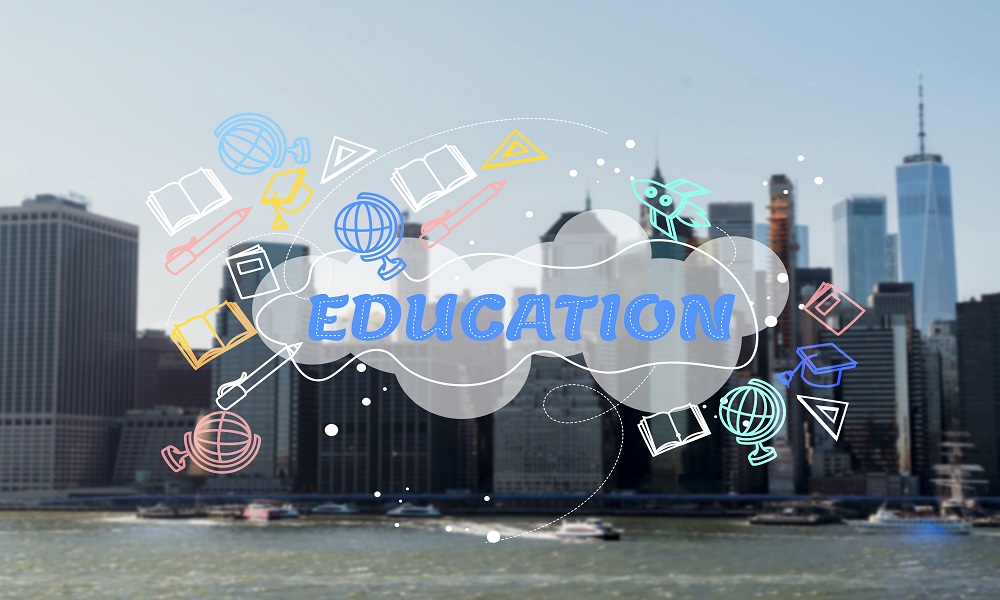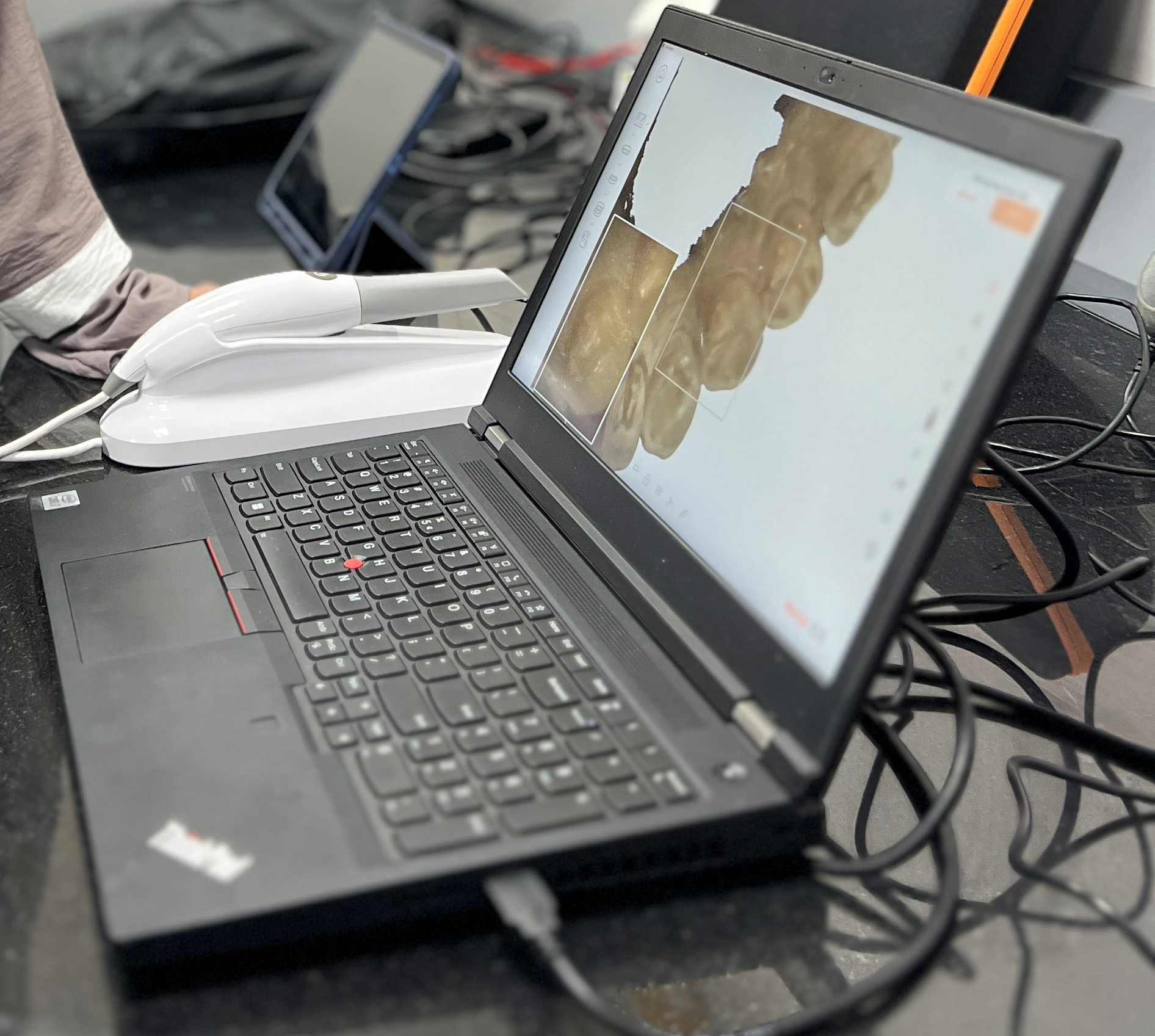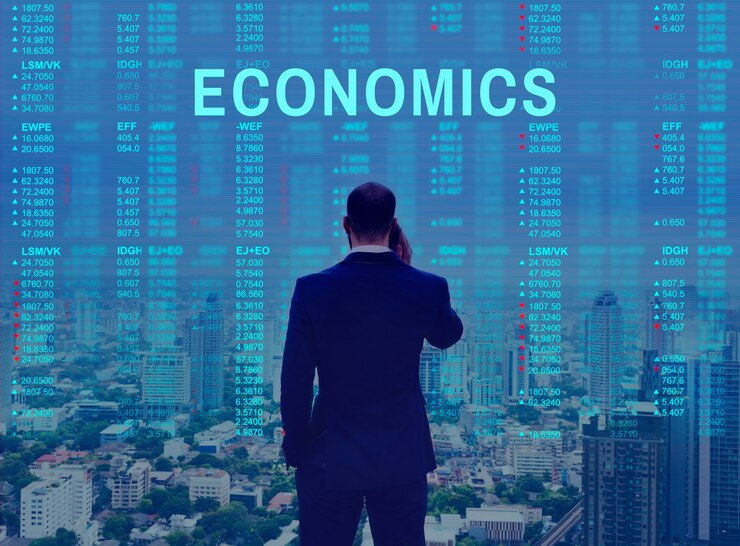India is a country with largest number of policies, and most of them are in written format. Education policy in that sense is one of the policy that India has, but in real sense, it is most important policy that any country should have. Implementation of all other policies and programs, in direct or indirect way, depend on direction and success of implementation of education policies. Economic, social, political, cultural and human development depend on the way education policy is designed and implemented. Education policy provides vision and direction to educational development which in turn shape the future of country.
First National Policy on Education was announced in 1968, based on the recommendations of Kothari Commission (1964–1966), which called for radical change in structure of education in India. Policy focused on equal opportunities in education and free and compulsory education for all children up to the age of 14 years. Policy also called for specialized training for teachers. 1968 policy envisaged at greater economic, cultural development for national integration and realizing the idea of a socialistic pattern of society.
New National Policy on Education introduced in 1986 aimed at reducing disparities in education, especially women, Scheduled Caste, Scheduled Tribe, thus focused on greater social integration. To achieve this objective various financial support programs were introduced. The concept of open universities and rural universities were also introduced as part of policy.
National education policy of India was originally framed in the year 1986 which was further revised in 1992 and 2005. Revised policy called for conduct of admission examination at national level of professional and technical courses across country. Entrance examinations like JEE, AIEEE and SLEEE etc. were proposed during the policy change in order to maintain the professional standards.
After more than three decade of announcement of education policy 1986, new National Education Policy 2020 got cabinet approval on July 29, 2020. The question to be addressed is do we really need new education policy? What was wrong with education policy that was in place for more than three decade?
Significant changes have taken place in country and all over the world in the areas of social, economic, and political front. The way society it organized, businesses are managed, consumer behaves, global integration and relationship, production and distribution
activities are carried out, technological changes, etc. are quite different today when compared to what it was before three decade. Skills sets required in 21st century are quite different and education system must respond to this change. Education sector must gear up to respond to changing scenario both at global and local level. In current global scenario three main pillars of success for any country are innovation, quality and research. Earlier education policy was not designed to cater to these emerging needs of the day. New emerging fields like artificial intelligence, data science, machine learning, robotics, nanotechnology, etc. along with soft skills like critical thinking, creativity, leadership, innovation, communication etc. have emerged as basic requirement for both social and corporate life. Education system must respond to the change, this new education policy was inevitable. Current education system which focuses more on marks and grades and limited importance is given to an ability to learn and implement learning. Current system is rigid in terms of stream and subject choices available to students. With limited scope for experiential learning, creativity and innovation, current education system creates manpower that lack employability skills. It is very important for education system of change from teaching to learning. There is a gap in terms of skills required for 21st century and the knowledge and skills provided under current education system. New education policy document has righty pointed out that “The gap between the current state of learning outcomes and what is required must be bridged through undertaking major reforms that bring the highest quality, equity, and integrity into the system, from early childhood care and education through higher education”.
Author:
Dr. Kishor Bhanushali, Director – Academics, Unitedworld School of Business (UWSB)
Disclaimer: The opinions / views expressed in this article are solely of the author in his / her individual capacity. They do not purport to reflect the opinions and/or views of the College and/or University or its members.






